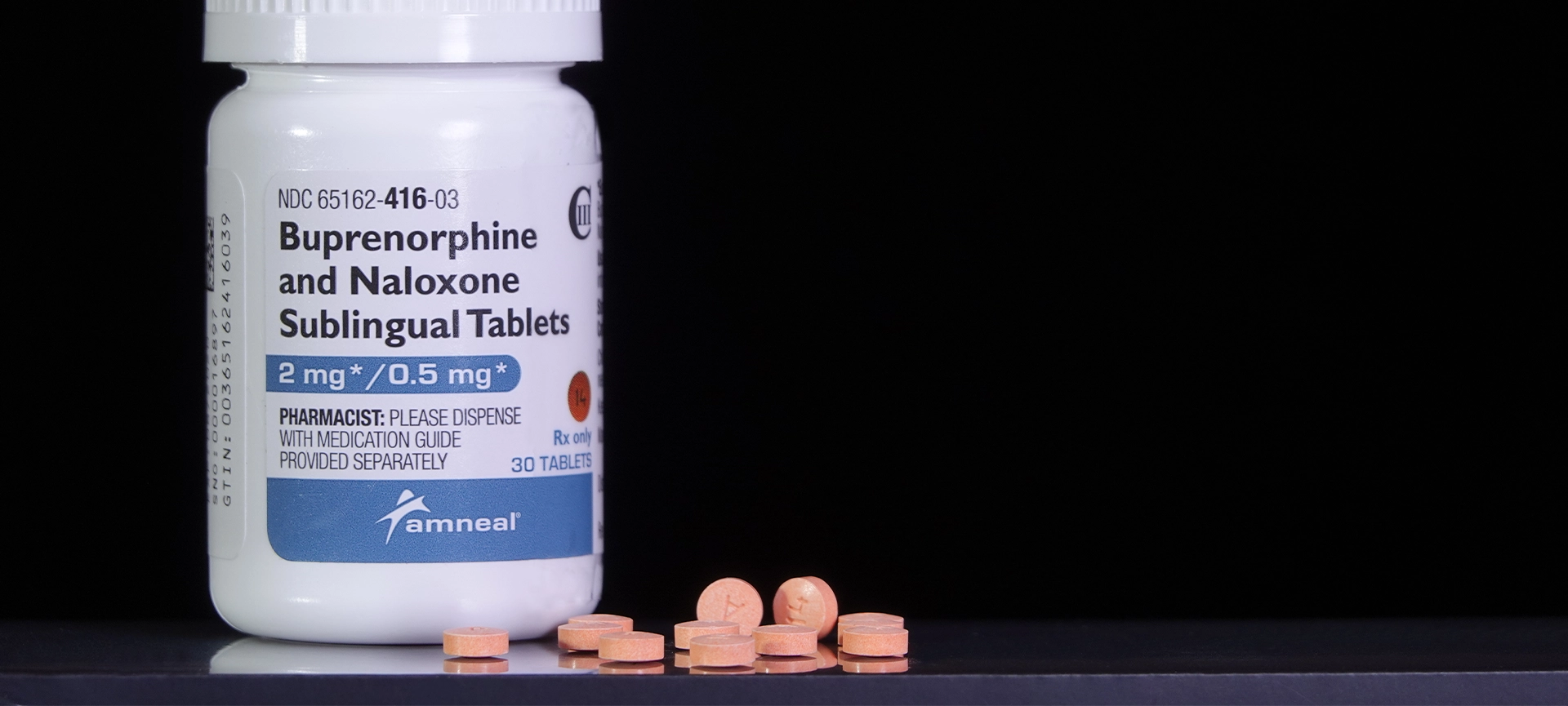Suboxone, a combination of buprenorphine and naloxone, is a vital component in the fight against opioid addiction. While it effectively alleviates withdrawal symptoms and cravings, the journey to recovery doesn’t end with the prescription of Suboxone. Aftercare plays a crucial role in ensuring long-term success and preventing relapse. This blog explores the importance of aftercare in Suboxone treatment, its components, and how it can significantly enhance recovery outcomes.
Understanding Suboxone Addiction Treatment
Before delving into aftercare, it’s essential to understand the role of Suboxone in addiction treatment. Suboxone functions as a partial opioid agonist, providing relief from withdrawal symptoms without the intense high associated with full agonists like heroin or prescription painkillers. This unique property allows individuals to stabilize their lives and focus on recovery.
However, Suboxone is not a cure for addiction; it is a tool that, when combined with comprehensive aftercare, can lead to successful recovery. Understanding this distinction is vital for individuals seeking long-term sobriety.
Related Article: https://addictionrehabtoronto.ca/whats-the-difference-between-methadone-and-suboxone/
Why Aftercare Matters
1. Transitioning from Treatment to Daily Life
Completing an initial treatment program is a significant milestone, but transitioning back to everyday life can be challenging. Aftercare provides the necessary support and structure during this critical period. It helps individuals reintegrate into their communities while maintaining their commitment to sobriety.
2. Building a Support System
Isolation can be a significant trigger for relapse. Aftercare fosters a supportive environment where individuals can connect with others who share similar experiences. Group therapy sessions, support groups, and community resources create a network that encourages accountability and encouragement.
3. Addressing Underlying Issues
Substance use often stems from underlying issues such as mental health disorders, trauma, or environmental stressors. Aftercare offers continued therapeutic support to address these issues. Regular counselling or therapy sessions can help individuals develop coping strategies, emotional regulation skills, and resilience against future challenges.

The risk of relapse is highest in the early stages of recovery. Aftercare programs focus on teaching individuals how to recognize triggers and develop effective coping strategies. This proactive approach to relapse prevention equips individuals with the tools necessary to navigate challenging situations without resorting to substance use.
5. Continued Medication Management
For many individuals, the journey with Suboxone doesn’t end with initial treatment. Ongoing medication management is essential to ensure the dosage remains effective and to monitor any potential side effects. Aftercare provides access to healthcare professionals who can adjust treatment plans as necessary, ensuring the individual remains stable and supported.
Components of Effective Aftercare
1. Counselling and Therapy
Individual and group therapy are critical components of aftercare. Counselling provides a safe space to explore feelings, challenges, and progress. It allows individuals to discuss their experiences with Suboxone, address underlying issues, and receive guidance from trained professionals.
2. Support Groups
Participation in support groups, such as Narcotics Anonymous (NA) or SMART Recovery, fosters a sense of community. These groups offer shared experiences, encouragement, and understanding from peers who have faced similar struggles.
3. Life Skills Coaching
Life skills coaching helps individuals develop essential skills for daily living. This can include time management, financial planning, job searching, and effective communication. By acquiring these skills, individuals can improve their overall quality of life and reduce stressors that may lead to relapse.
4. Health and Wellness Programs
A holistic approach to recovery includes physical health. Aftercare programs often incorporate fitness and wellness initiatives, such as yoga, nutrition counselling, and stress management techniques. Maintaining physical health enhances overall well-being and contributes to a balanced lifestyle.
5. Family Involvement
Involving family members in aftercare can strengthen support systems. Family therapy sessions can address relational dynamics affected by addiction, promote understanding, and foster a healthier environment for recovery. Educating family members about addiction and recovery processes also helps them provide better support.
The Role of Addiction Rehab Toronto in Aftercare
At Addiction Rehab Toronto, aftercare is tailored to meet individual needs. The center offers a comprehensive range of services designed to support individuals as they transition from treatment to everyday life. These include:
- Personalized Aftercare Plans: Each individual receives a customized aftercare plan based on their unique circumstances and needs.
- Ongoing Counseling and Support: Regular counselling sessions are provided to address ongoing challenges and monitor progress.
- Access to Support Groups: Patients are encouraged to participate in support groups to foster community connections and shared experiences.
- Holistic Wellness Programs: A focus on physical health through wellness initiatives, including fitness classes and nutritional counselling.
- Family Support Services: Family involvement is encouraged to strengthen support networks and foster understanding.

Final Thoughts
Aftercare is a crucial element of Suboxone treatment that significantly improves the chances of long-term recovery. By providing continuous support, counselling, and resources, aftercare programs empower individuals to navigate life’s challenges while maintaining their commitment to sobriety.
If you or a loved one is considering Suboxone treatment or is currently in recovery, remember that your journey doesn’t end with medication. Engaging in a comprehensive aftercare program can equip you with the tools and support necessary for lasting change. For more information about our aftercare services, please contact us today at Addiction Rehab Toronto.







